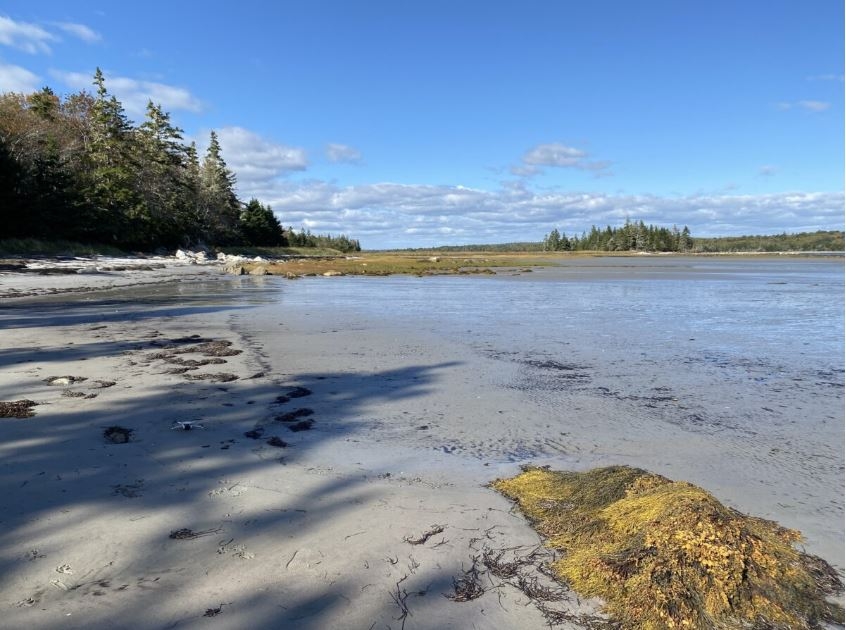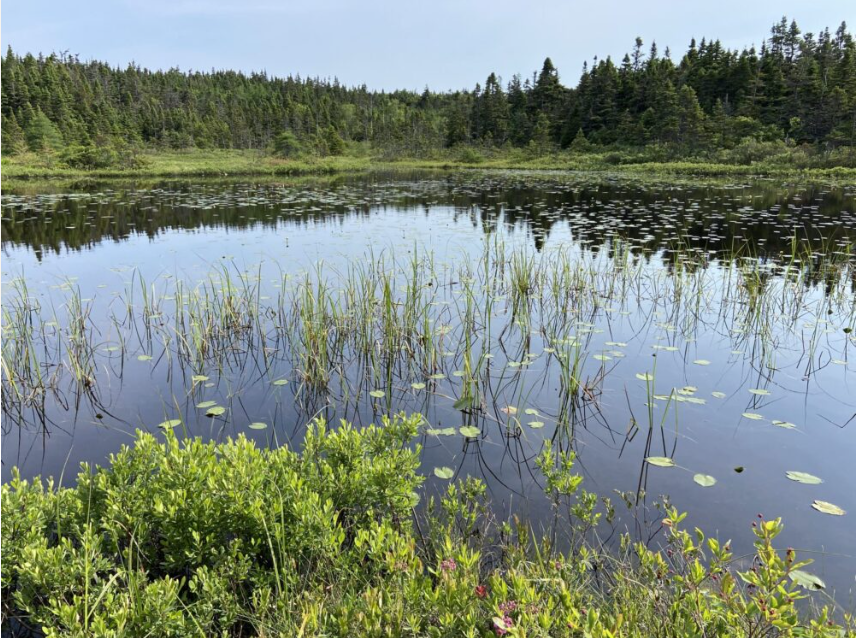New Conservation Effort Preserves Two Salt Marshes in Nova Scotia

Ducks Unlimited Canada (DUC) has secured two salt marshes along Nova Scotia’s South Shore, enhancing coastal protection and wildlife habitat. The Melbourne Lake and McLean’s Lake Road salt marshes, located near significant conservation areas, contribute to the province’s efforts to preserve its shrinking coastal wetlands.
Nova Scotia has lost 60 percent of its salt marshes to development, making conservation efforts increasingly vital. These wetlands provide essential habitat for migratory birds and act as natural buffers against storm surges and sea-level rise.



